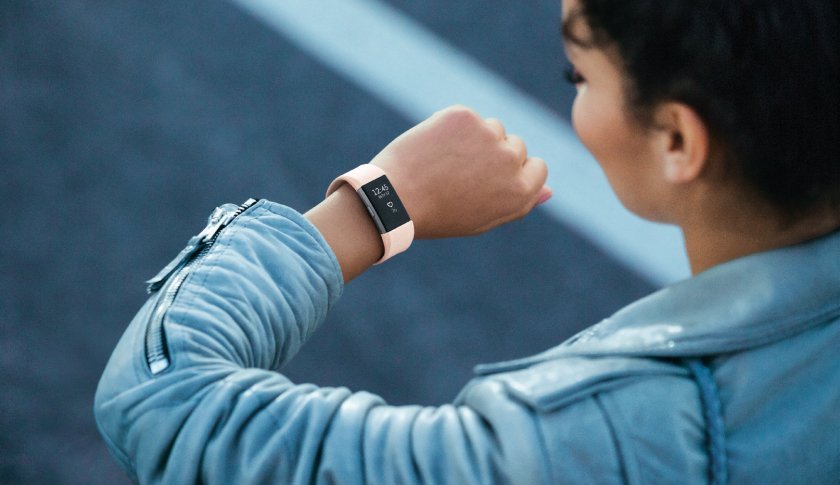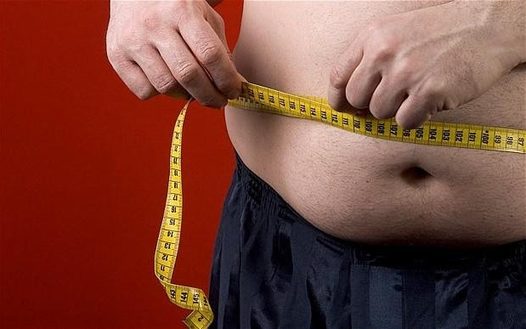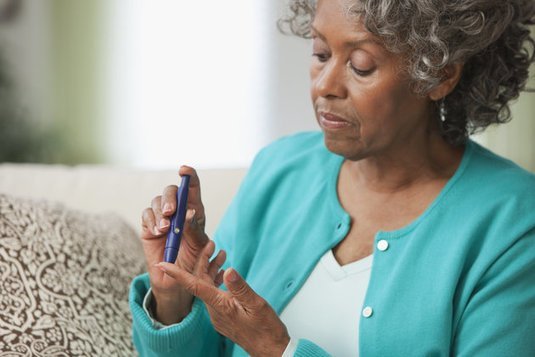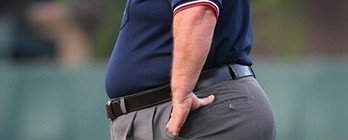DietSensor’s New Premium Plan Offers Smart Food Suggestions

It is no easy task to navigate the endless directions and advice from thousands of food experts. Nor is it easy to stick to an daily nutrition recommendation. Did I eat the recommended 15% of the daily intake of proteins? What about 50% of carbohydrates? At DietSensor, eating healthy is what we do. The new […]
FITNESS WEARABLES DON’T GUARANTEE YOU WILL LOSE WEIGHT

Hoping to pop on a wearable fitness tracker and watch the pounds melt off? Dieters are better off using another strategy.
When it comes to losing weight, can you outrun a bad diet?
Eat like our grandparents … and cut out bread for optimal weight loss, says Pat Divilly
‘Eat fat to get thin’: Official diet advice is ‘disastrous’ for obesity fight, new report warns

Thirty years of official health advice urging people to adopt low-fat diets and to lower their cholesterol is having “disastrous health consequences,” a leading obesity charity warned yesterday.
8 Stats That Will Make You Seriously Rethink Diabetes

Diabetes occurs when the body doesn’t produce or properly use insulin, a hormone in the body responsible for creating glucose. Glucose, in turn, is the body’s blood sugar, which is needed for immediate energy as well as storage of energy in the muscles and fat cells for later use. While Type 1 diabetes, which is usually diagnosed in childhood, is not yet preventable, Type 2 may be avoided with the right health behaviors. DietSensor shows you how.
Understanding the American Obesity Epidemic

Obesity — everyone knows it’s bad and that it’s everywhere.
Nearly 78 million adults and 13 million children in the United States deal with the health and emotional effects of obesity every day. The solution to their problem could sound deceptively simple — take in fewer calories a day, while cranking up the calorie-burning process with regular exercise.
But it’s not just a matter of obese people deciding they’re going to eat less, says Donna H. Ryan, M.D., co-chair of the committee that wrote the recent obesity guidelines and professor emerita at Louisiana State University’s Pennington Biomedical Research Center in Baton Rouge.



